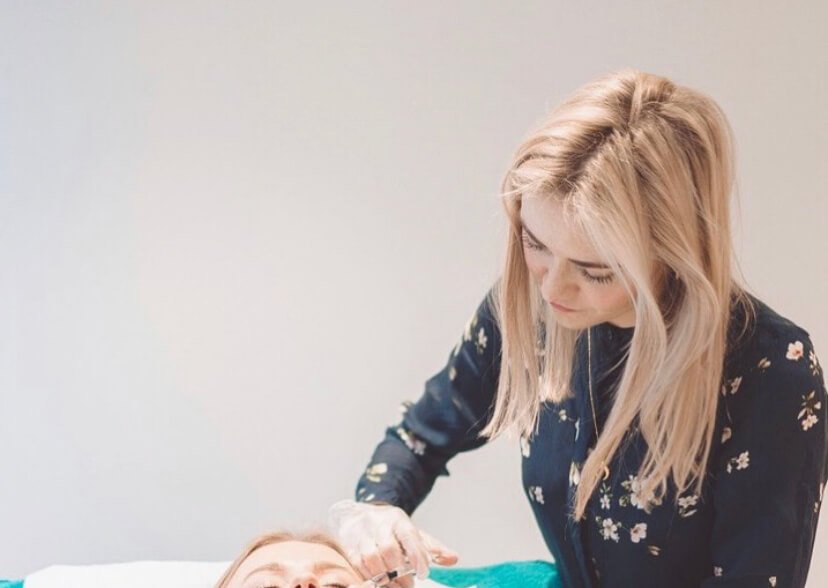How to Choose Your Cosmetic Injector
With an ever increasing interest to look our best and in the era of the 'selfie culture', use of cosmetic injectables are on the rise. With that comes a increase in untrained and unsafe injectors too. Here's a few tips on how to choose your injector to ensure your face is in safe hands.
Are they a medical professional, registered with a regulatory body (e.g. General Medical Council)?
This simply means that if they are regulated by an official, legal body you, the patient, are protected by that body if that practitioner were to do anything unsafe. This is not to say that injectors who are not regulated are unsafe, it merely means that if something were to go wrong they can not be held to account.
Does your Doctor have the ability to prescribe?
A practitioner's prescribing ability means that in the unlikely event of something going wrong, your practitioner can prescribe medication for filler reversal, skin infection or treatment for severe allergy/anaphylaxis.
How many procedures have they done?
It is not inappropriate to ask your practitioner how many procedures they have performed – you do not want to be someone’s guinea pig! I would recommend your injector should have ideally a Level 7 (Masters level) in injectables but if not, a minimum of 3 years full time injecting experience.
Do they take a full medical, allergy and medication history?
It is incredibly important to remember that injectables are non-essential medical interventions and have some risks associated with them. It is your practitioner’s responsibility to asses from a medical point of view if it is safe to inject you. There are some medications and medical conditions that put you at higher risk of complications from injections. If you are a female of childbearing age, please do not be offended if your practitioner asks if you are pregnant or breastfeeding (in fact you should be worried if they don’t!) as we would not want to put you or a baby at risk unnecessarily.
Do they take pictures before and after?
This is the gold standard in cosmetic medicine and an insurance company requirement. It also allows you and your Doctor to track progress and make the best care plan going forward.
What products does your Doctor use?
There are many rogue and counterfeit products on the market that are not EU/FDA approved and so their safety cannot be assured. Be sure to ask your practitioner what products they use and why.
Can your practitioner treat possible complications or unwanted results?
It is unlikely for something to go wrong with your procedure but, as with any medical intervention, there are possible complications. It is important that your injector warns you of possible problems and has the relevant training to manage issues safely and effectively. If you are unsure or have questions be sure to ask these prior to treatment.
What are the side effects and down time of the procedure? This can help you plan your social calendar in the days following your treatment. Recovery time can vary to no down time (eg Botox) to a few days of bruising depending on what product is injected in which area. Areas around the lips and more vascular for example and so are more likely to bruise which may fade after a week (however, usually less than that). After 24 hours, you can cover this with makeup if necessary.
I hope my tips help you find an injector that you love!


